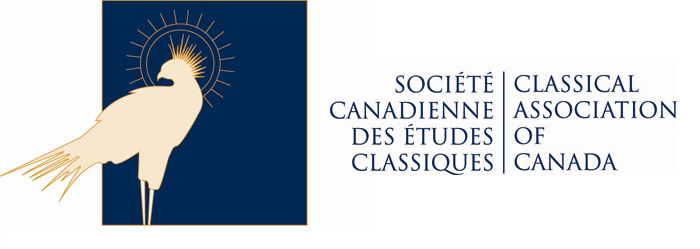Lecture: Cives Romani [vel peregrini?] v(otum) s(olverunt) l(ibens) m(erito): Indigeneity in Votive Contexts in the Northwest of the Iberian Peninsula during the Roman Imperial Period
Cives Romani [vel peregrini?] v(otum) s(olverunt) l(ibens) m(erito): Indigeneity in Votive Contexts in the Northwest of the Iberian Peninsula during the Roman Imperial Period
Victoria Muccilli
(PhD 6, History, York University)
Thursday, 28 November, 5.30-7.00 pm
Brian Cragg Committee Room (Founders College 303, York University) or Zoom:https://yorku.zoom.us/j/93155236118
In the early 1990s, José d’Encarnação questioned: “peut-on continuer à parler d’interpretatio romana (id est, ce sont les Romains qui ont impose leur dieux selon une stratégie politique définie)?” He argued that religious acculturation was instead a process shaped by reciprocal, spontaneous influences between Roman and Indigenous cultures. Building on this idea, my paper explores the intersections of indigeneity and religious practices on the Iberian peninsula. While d’Encarnação focused on the province of Lusitania, I extend the analysis to examine the relationship between onomastic practices and theonyms in six Hispanic conventus iuridici, including two from Lusitania (Scallabitanus, Emeritensis) and four from Hispania Tarraconensis (Bracaraugustanus, Lucensis, Asturum, and Cluniensis).
Using computational tools and statistical models, I investigate the relationship between personal names and the deities worshipped. I analyze whether Roman citizens with tria nomina of Latin linguistic origins venerated Indigenous gods, or if the worship of these deities was more common among individuals with local idionyms. I also explore the reverse: Was the favour of Roman gods exclusively curried by Roman citizens, or was it also sought out by Indigenous individuals? The findings suggest that both Roman and Indigenous deities were worshipped to varying degrees across the cultural spectrum, reflecting the diverse and fluid identities in Hispano-Roman contexts, where acculturation did not necessarily imply the erasure of Indigenous religious traditions.
Follow Us/ Suivez-Nous
Copyright © 2023 The Classical Association of Canada / Société Canadienne des Études Classiques
All Rights Reserved | Privacy Policy | Politique de confidentialité
Sign up for our newsletter to receive updates!
Nous vous invitons à vous inscrire à notre newsletter afin de recevoir les mises à jour!

Recent Comments